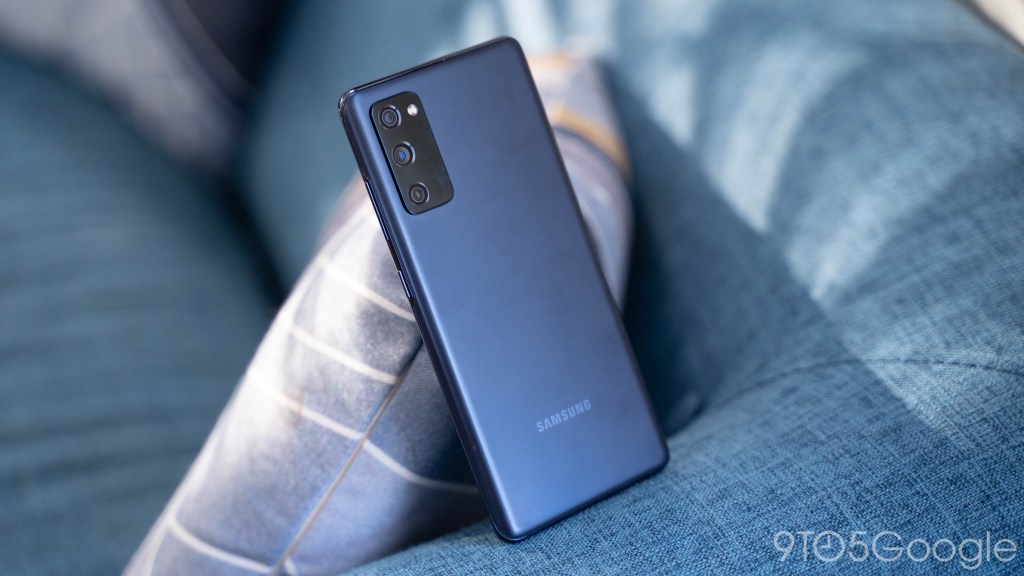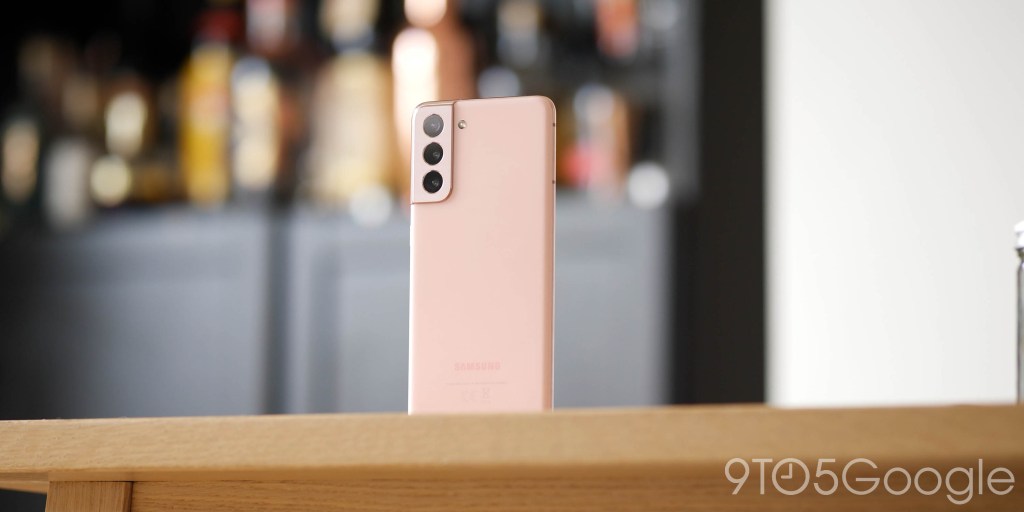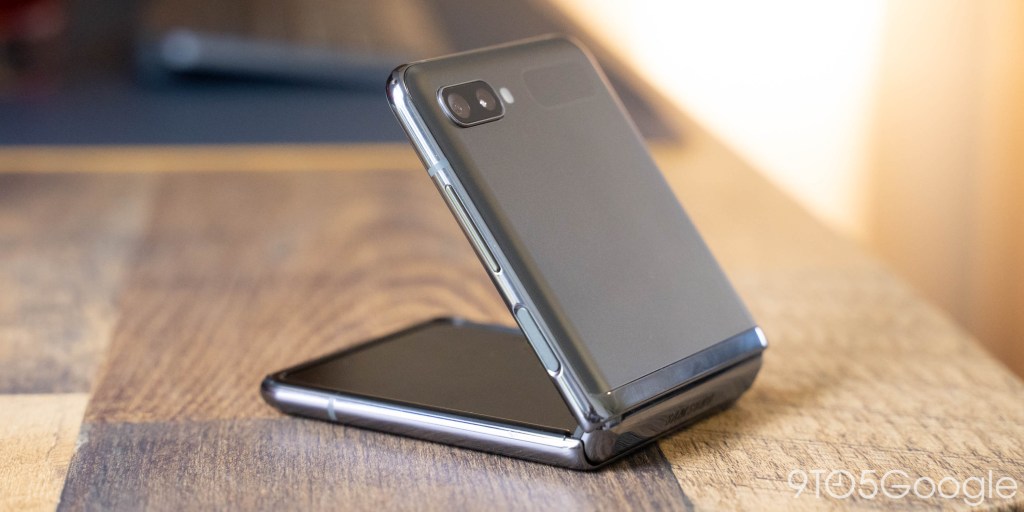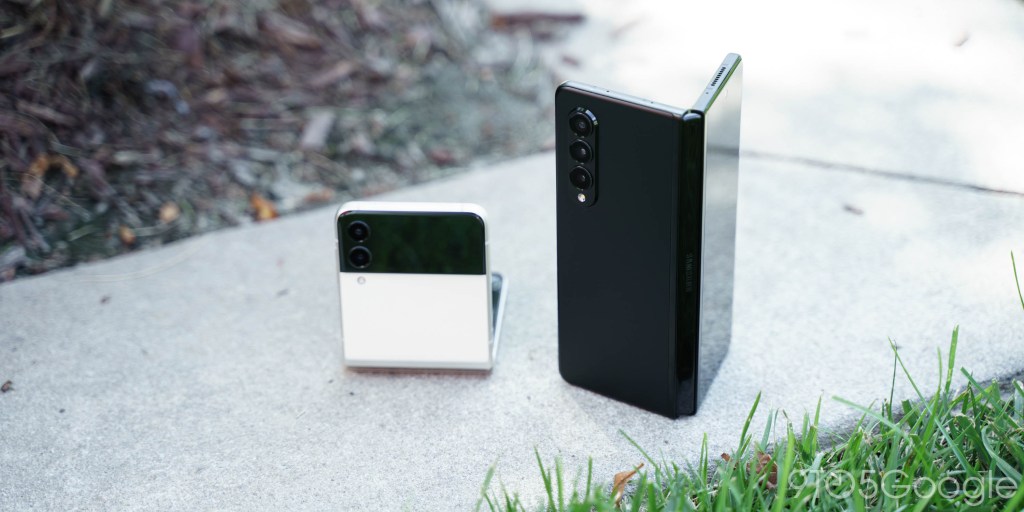
After years of Google taking the lead in rolling out security updates to their phones, Samsung has consistently been the one to debut a new month’s Android update in recent months. The September 2021 security update is no different, with Samsung having rolled out the upgrade to these Galaxy devices.
Samsung September 2021 security update – what’s new
The rollout of the September 2021 update to Galaxy devices began on August 30, exactly a week before the first Monday of the month when Google normally releases the list of core security issues in the patch. This month, things are delayed even further, however, due to Labor Day in the United States taking place on September 6.
On the Samsung-specific side of things though, two notable changes may be coming with this September 2021 update, for some devices. For starters, earlier this year, Google promised that an issue between Galaxy devices and Android Auto would be fixed by the July security patch. However, this ended up falling through, with the fix not set to arrive until September’s “maintenance” release. It’s not clear if this is the same as the September security patch or a subsequent update arriving this month.
Meanwhile, some devices, including the Galaxy S20 FE and Galaxy Z Fold, are receiving an upgrade to One UI alongside the September 2021 update. Phones that get the upgrade gain the (admittedly limited) benefits of One UI 3.1.1, including tweaks to the phone app and a new bedtime mode toggle in quick settings, though some improvements may be device-specific.
Devices with Samsung September 2021 security update
So to which devices has Samsung rolled out the September 2021 update? Before the month of September even got started, Samsung came out swinging with five different phones receiving the updates, with special attention being paid to the company’s foldables. Over the coming weeks, more phones will be steadily brought up-to-date.
This list will include a note on where the update first debuted and if it is also available in the United States. As usual, the latest additions will be marked in bold.
For over a decade, the S series has been Samsung’s flagship line, offering the best mainstream Android phone experience, albeit at a sometimes steep cost. For that extra premium, the Galaxy S series is usually among the first to receive each month’s security update, give or take any complications from individual phone carriers. This time around, the Galaxy S20 FE and S20 FE 5G — Samsung’s affordable flagships from 2020 — were the first to receive the update, on August 30.
Next in line for the update, owners of the Galaxy S10 Lite began spotting the September 2021 security patch update by September 3, with the first reports coming from Spain. Meanwhile, the Galaxy S20 trio — including the base, Plus, and Ultra models — got the relatively minor September update just a few days after a dedicated One UI 3.1.1 upgrade that enhanced things like app opening speed, camera speed, and more.
Surprisingly, the newer Galaxy S21 series was further behind on this update, with device owners in Europe seeing the update on September 6, a full week after the Galaxy S20 FE. The Galaxy S10 series trio was next, with the S10, S10+, and S10e receiving the update that same day.
- Galaxy S10 / S10+ / S10e — G97xFXXSCFUH5 (Released first in Switzerland)
- Galaxy S10 Lite — G770FXXS6EUH5 (Released first in Spain)
- Galaxy S20 / S20+ / S20 Ultra — G98xxXXSADUH5 (Released first in Europe)
- Galaxy S20 FE — G78xxXXU3AUH5 (Released first in Europe)
- Galaxy S20 FE 5G — G781BXXU4CUH5 (Released first in Europe)
- Galaxy S21 / S21+ / S21 Ultra — G99xBXXS3AUHD / G99xU1UES4AUH9 (Released first in Europe)
- US: Available on unlocked devices
Depending on how you look at it, one could argue that the Galaxy Z series of foldables are Samsung’s true “flagship” phones nowadays. This is especially true now that the Galaxy Z Flip 3 has reached a price bracket below $1,000, making foldables potentially more appealing to the average consumer. Meanwhile, the larger Galaxy Z Fold 3 continues to push the boundaries of what a smartphone can be.
Before the new month could get underway, on August 31, the Galaxy Z Flip and Z Flip 5G both received an update to One UI 3.1.1 that primarily improved the experience of foldable devices, including a Flex Mode panel and support for Drag & Split. With this same update, the phones were bumped to the September 2021 security patch. A full week later, on September 6, the original Galaxy Fold was given the same update treatment.
Meanwhile, the Galaxy Z Fold 3 has only been in customers’ hands for a matter of days, and all the same Samsung has rolled out the September 2021 update to the phone. As the Galaxy Z Flip 3 and Z Fold 3 both launched with One UI 3.1.1 out of the box, it’s highly likely not much will change with this update beyond security improvements.
- Galaxy Fold / Fold 5G — F907NKOU3FUHB (Released first in Europe & South Korea)
- Galaxy Z Flip — F700FXXU8EUH5 / F700NKOU3EUH5 (Released first in Europe & South Korea)
- Galaxy Z Flip 5G — F707BXXU5EUH4 / F707NKSU2DUH4 (Released first in Europe & South Korea)
- Galaxy Z Flip 3 — F926BXXU1AUHF (Released first in Australia)
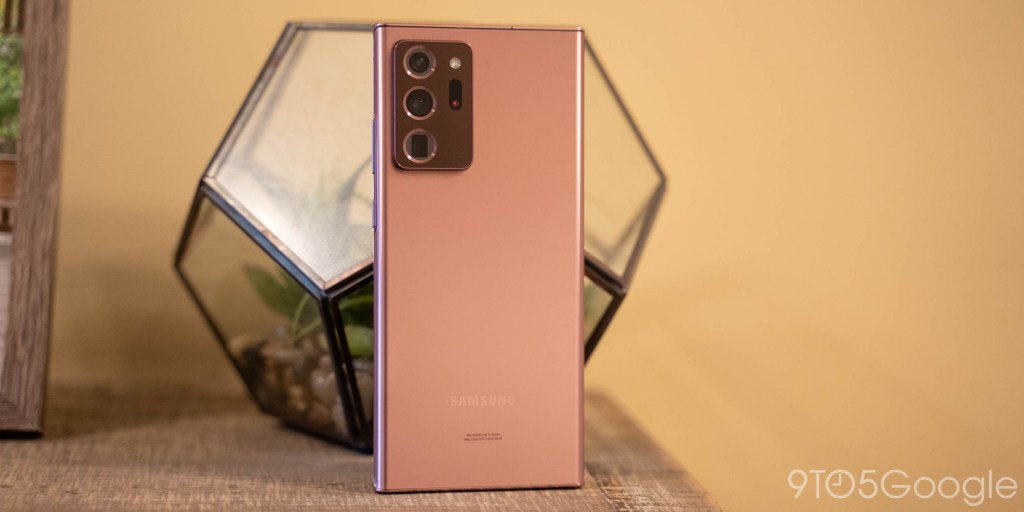
As of the latest Galaxy Unpacked event, the Galaxy Note series appears to be finished, having been replaced in the 2021 hardware lineup by Samsung’s Galaxy Z Fold series. The Z Fold 3 even supports the Note series signature S Pen, though not in as easily stowed of a manner. That said, it could simply be a decision made only for 2021, due to issues like the ongoing chip shortage.
For now, only a few Galaxy Note devices have received the September 2021 update, starting with the Note 20 series duo. On September 5, the Galaxy Note 20 and Galaxy Note 20 Ultra owners in Brazil began seeing the September 2021 security patch, just a matter of days after the more substantial One UI 3.1.1 update rolled out.
Filling out the recent Note lineup, Samsung released updates for 2019’s Galaxy Note 10 and 10+ on September 7 starting in South Korea, while an update for 2020’s Note 10 Lite arrived a few hours later. It’s not yet been confirmed if either of these updates also includes the recent One UI 3.1.1 improvements.
- Galaxy Note 10 / Note 10+ — N971NKSU2FUH7 (Released first in South Korea)
- Galaxy Note 10 Lite — N770FXXU8EUH5 (Released first in France)
- Galaxy Note 20 / Note 20 Ultra — N98xxXXS3DUH5 (Released first in Brazil)
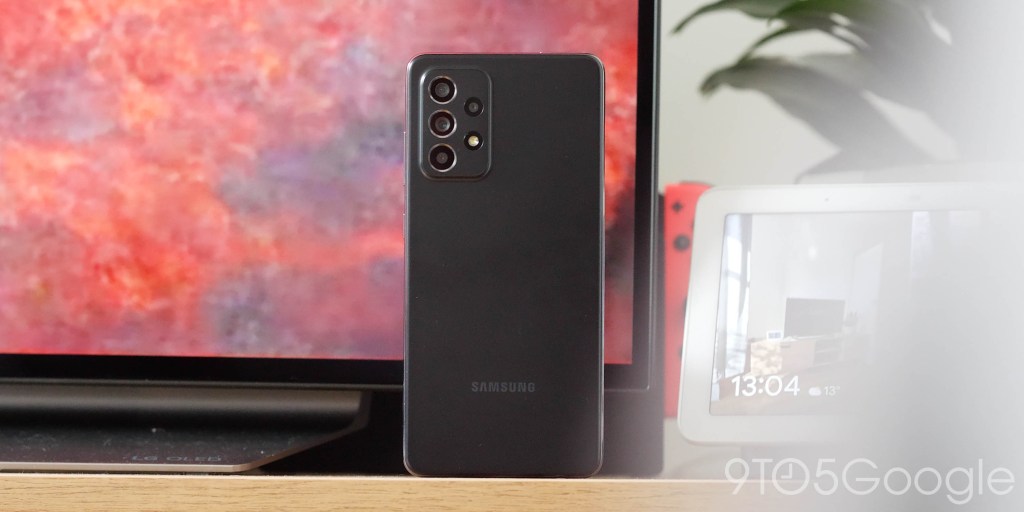
In addition to Samsung’s ongoing prowess in the flagship and foldables departments, the company is also surprisingly dominant in the field of affordable Android phones between their M and A series. This is backed by Samsung’s willingness to update even their mid-range A series phones on a monthly basis, though not for as long as their flagships get the same treatment. Even once the monthly updates run out, Samsung follows this up with a period of quarterly, and later biannual, updates.
Starting out the wave of updates, the Galaxy A8 (2018) received its update on September 4. Notably, the update comes after both June and August updates for the phone, despite the Galaxy A8 (2018) only being slated for biannual updates for non-enterprise customers. On September 6, Samsung rolled out side-by-side updates for the Galaxy A52 and Galaxy A72, two of the company’s hottest affordable phones which also launched side-by-side.
As for the lower-end M series, the Galaxy M21 was the first to get upgraded, on September 7, with the update confirmed in both India and Sri Lanka. Current speculation is that the update is more substantial than a simple security patch, though this hasn’t been confirmed.
- Galaxy A8 (2018) — A530FXXSLCUH5 (Released first in Colombia)
- Galaxy A52 — A525FXXU4AUH3 (Released first in India)
- Galaxy A72 — A725FXXU4AUH2 (Released first in Russia)
- Galaxy M21 — M215FXXU2BUH6 (Released first in India)
Author: Kyle Bradshaw
Source: 9TO5Google



